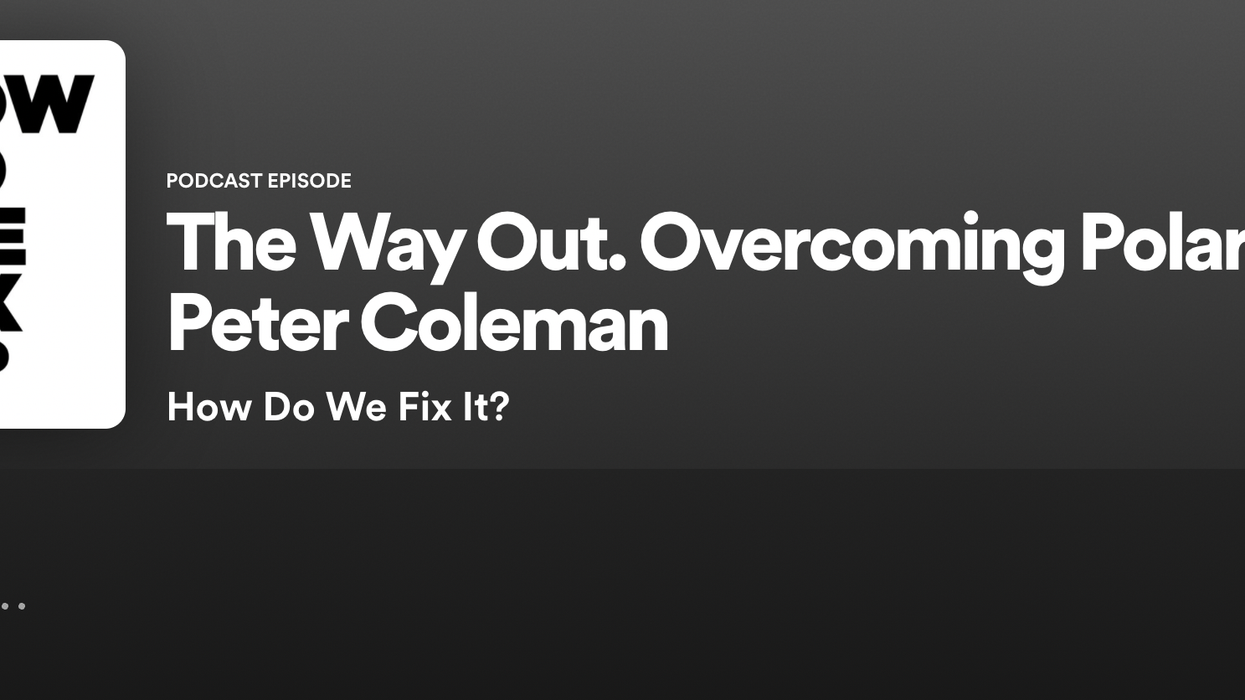Nearly half of all Americans have stopped talking to someone about political topics because of something they have said in person or online. Our culture of contempt continues to divide us and make governing together more difficult. In this episode of the How Do We Fix It podcast, Peter Coleman, a leading expert on conflict resolution, discusses a way forward.
Podcast: The way out. Overcoming polarization




















Trump & Hegseth gave Mark Kelly a huge 2028 gift